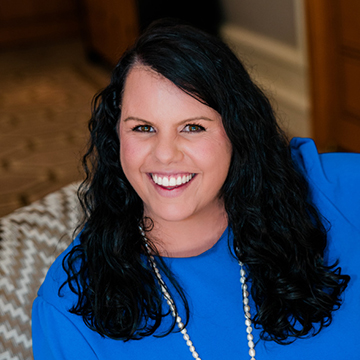
Understanding Your Event Goals and Objectives Leads A Great Event.
Organizing a corporate event is no easy feat. It requires extensive planning and coordination to ensure that the event runs smoothly and meets the goals set by the organization. Setting event goals and objectives is essential to this process as it provides a framework for planning and evaluating the event’s success. This blog post will explore how to set and define corporate event goals and objectives and how to measure them effectively.
What are Your Organization’s Objectives?
Your organization’s objectives should be the driving force behind any event that you plan. They are the mission and vision of the company, the values and beliefs, and the ultimate purpose of hosting a corporate event. It is important to be clear on your organization’s objectives before planning an event. Consider what you want to achieve with your event, what message you want to communicate and how you can best represent your company. A well-defined set of objectives will ensure that all activities and planning are centered around achieving those goals. Consider how the event can enhance your mission further and how it can be integrated into the overall brand strategy. Additionally, make sure to consider who should be targeted for attendance – is it important to focus on building relationships with potential clients, or is it more important to recognize the achievements of your employees? Once you have established your organizational objectives, you can begin planning an event to support those goals.
What are your Target Demographics?
When setting goals and objectives for a corporate event, it’s important to consider who the event is intended for. Who are you targeting? Are you aiming to reach new customers, or do you want to engage current customers and reinforce their loyalty? Is this event for your employees or the general public? Answering these questions will help you determine the target audience for your event. Once you’ve identified your target demographic, it’s time to create a strategy for engaging them. What type of content do they respond to? What kind of promotional materials should be used to reach them? Knowing the answers to these questions will allow you to create an effective campaign that reaches the right people.
What is Your Event Budget?
When it comes to planning a corporate event, setting a budget is essential. It’s important to consider your expected costs and determine a limit on how much you can spend. You must factor in the cost of renting space, food and beverage, rentals and décor, staffing, audio-visual equipment, promotional materials, etc. It’s also important to note that unexpected costs may arise during the event planning process, so it’s best to have a little extra in the budget for contingencies. Once you’ve set a budget, sticking to it and ensuring all costs fit within it is essential. Doing this will help ensure you get the most out of your event and have the desired results.
What is the Purpose of the Event?
The event’s purpose is to achieve your organization’s goals and objectives. These may include building brand recognition, enhancing customer loyalty, creating meaningful connections with stakeholders, or reaching a target audience. Depending on your objectives, the event’s purpose can be educating, networking, promoting a product or service, generating leads, or launching a new initiative. Defining the event’s purpose will help you create a more focused event plan and ensure that all activities and resources are utilized to their fullest potential. The event’s purpose should also align with your organization’s overall mission and values. When defining your event’s purpose, it is important to consider who your target audience is and how best to reach them. This will help you narrow down the type of event you should host and determine the best way to effectively communicate your message.
What are Your Expected Outcomes?
When setting goals and objectives for your corporate event, it is essential to understand what outcomes you expect from the event. By setting a goal, you are establishing a benchmark to work towards during the event planning process, providing you with a roadmap for success. Your desired outcomes should be measurable, attainable and specific. Examples of expected outcomes may include increasing brand awareness, growing your customer base, launching a new product or service, gaining market share, expanding into new markets, generating leads, enhancing customer loyalty or boosting employee morale. Each of these outcomes should be quantified to measure success after the event. For example, to increase brand awareness, you should aim to reach a certain number of people or have a certain percentage of your target audience attend the event. This allows you to track your progress and measure the success of your event.

Are You Planning A Virtual Event?
The Studio by The Special Event Company will fulfill your filming and broadcast needs. Our versatile and customizable studio space is located just outside Raleigh, minutes from the Research Triangle Park (RTP) and available to clients nationwide.
For additional information or to set up a studio tour, contact:
Joy Matheny
919.459.8788
joy@specialeventco.com
